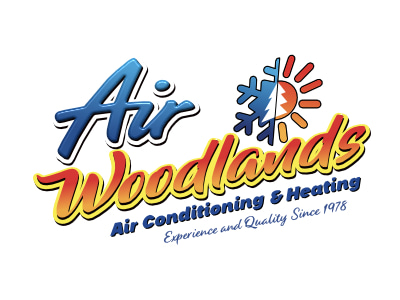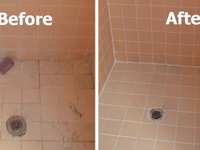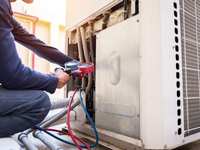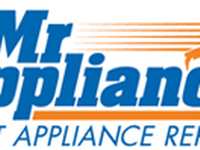- Categories :
- More
Is Your A/C Unit Ready For Hurricane Season?
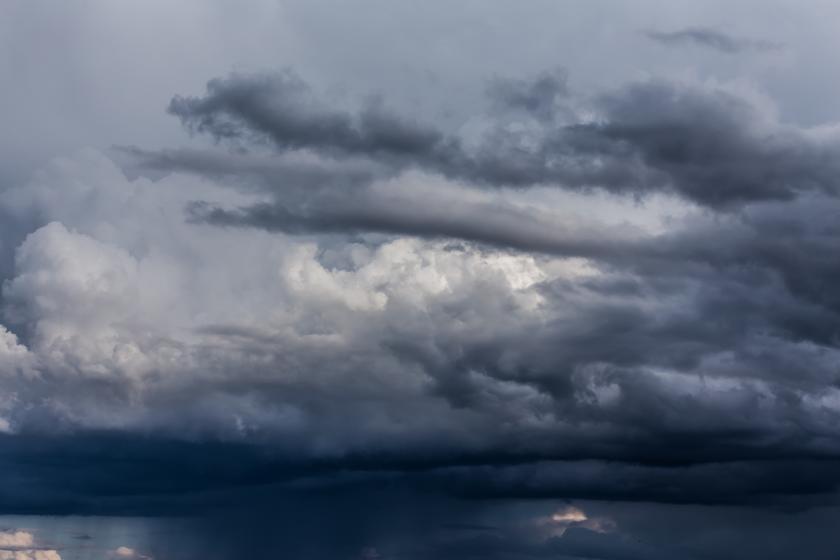
Things To Do Before A Hurricane Hits
Your air conditioner can survive a hurricane, as long as you take steps to protect it. Otherwise, you might find yourself having to replace your system after the storm has passed.
It’s critical to turn your air conditioner off during a hurricane. If you leave it on, your unit can suffer severe damage from the constant power interruptions. These erratic power failures can take a big toll on your compressor as well as other integral parts of your air conditioning system, placing pressure on the components as they shut off suddenly, only to switch back on as soon as the power is restored. If you have a surge protector installed, it can also be helpful to protect your HVAC system.
During the Storm
During a hurricane, an air conditioner is susceptible to damage from lightning. Often, lightning strikes cause power surges which can “fry” electronics and also harm you’re AC. Some samples of specific damage include blown fuses, burnt wires, burnt capacitors, and even fried compressors. One of the common hidden dangers of lightning strikes during a hurricane is a burnt capacitor. Capacitors are similar to batteries. They help power the blower motor, the outside fan, and the compressor.
You may not see the effects of the strike right away. The replacement of the capacitor is pretty inexpensive, but if it is left in a non-working state after the storm, it can cause the compressor to fail weeks, or even months later.
A direct lightning strike to your air conditioner during a hurricane can definitely fry your system. There isn’t anything you can do about that. But, the more frequent occurrence is the power surge described above. Taking the easy step of installing a surge protector for your HVAC system will give you peace of mind during Hurricane Season, or common Texas Thunderstorm.
After The Storm
Once the storm has moved on, you should turn your AC back on as soon as possible. Otherwise, if you let it sit idle for too long, that will give mold and bacteria an opportunity to establish a foothold in your system and ducts. Your home - and by extension, your AC system - has just been through a high-moisture, high-heat weather event, and as we all know, those are the exact conditions mold thrives in.
But be careful - you should inspect your AC first. If the storm has damaged your system, trying to run it can make things even worse.
Things to Check For:
- Was the A/C unit ever underwater?
- Are all lines (refrigerant and electrical) intact, or is there damage?
- Has the unit been hit by falling trees or other windblown objects?
- Can you detect and evidence of electrical smoke?
- Do you hear a clicking sound or loud buzzing noises coming from the AC?
- Are the fan and vents clear of debris?
The range of potential damages is wide due to the intense wind, rain, and flooding that happens during a hurricane. Your AC is tough, but it is no match for hurricane kind of power.
In any case, you should always consider a duct cleaning after a storm. If the air circulating through your home is going through moldy ducts, this can be a real health hazard. People with airborne allergies, lung-related diseases, or compromised immune systems are particularly vulnerable. If you have children or are elderly or have an elderly family member in your home, it is also a smart choice to clean your ducts.
Another important best practice is to check all your electronics. If a power surge did go through your home and take out your television, DVR, computer, or other electronic equipment, you should get an inspection done to see if the capacitor is blown. Taking care of a small AC repair can save you big bucks in the long run.
And keep in mind that a storm doesn’t have to be a hurricane to damage your A/C. Even if you’re only expecting a typical Texas Thunder Storm that brings heavy wind and rain, you should make sure you’re protecting your air conditioner.

